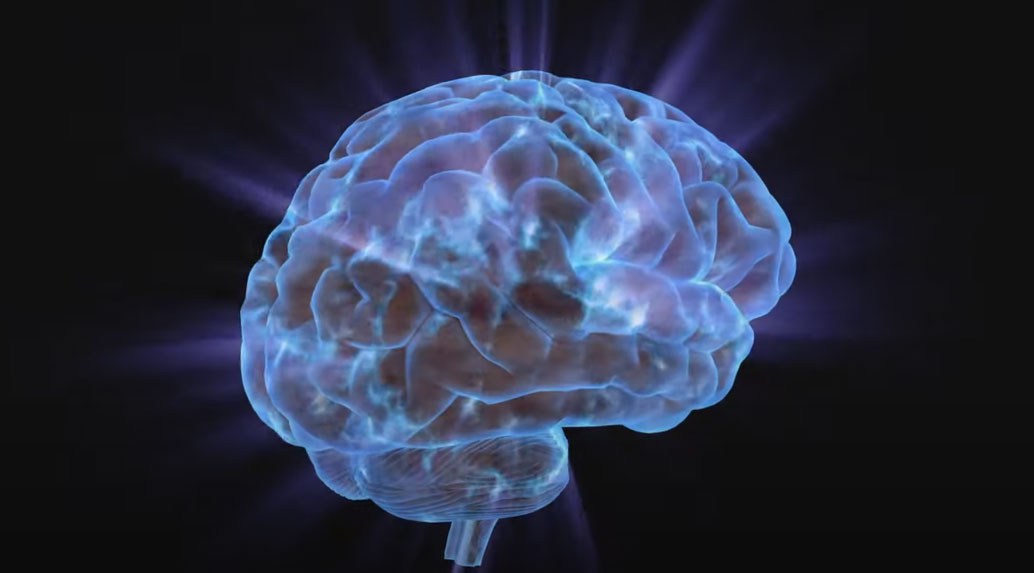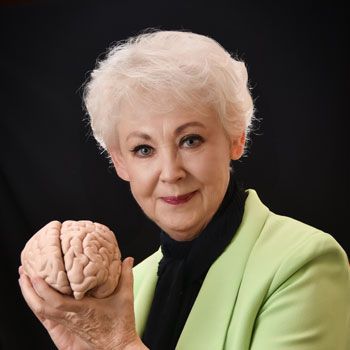Issues with Self-Esteem
Q. I’ve always struggled with self-esteem issues and I’m not sure why. Can you give me some possible reasons?
A. You may have conflicts between global and specific self-esteem. Global self-esteem refers to how much you value and respect yourself as a whole. In other words, it’s the total of your perceived worth. Specific self-esteem refers to how much you value and respect a certain part of yourself.
You may have conflicts between your sense of self-worth and your personality facets. Like building your sense of self-worth, the process of developing your three main personality facets—a core personality, a performing personality, and a protection personality—begins very early in life. When the environment is dysfunctional and the caregivers struggle with their own self-esteem problems, children will likely absorb a distorted sense of personal value, have self-esteem problems, and develop the personality facets out of balance. Or you may be living or working in an environment that continually whacks your sense of self-worth.
Excessive adapting can be a factor, as well. If your brain is struggling to accomplish activities that are energy-draining, you will likely experience a corresponding decrease in your specific self-esteem and, over time, in global levels as well. I once heard a brain researcher report that if you expend large amounts of time and energy into developing skills that are difficult for your brain to accomplish, you can raise your competences from poor to mediocre. If you put that time and energy into honing skills that are easy for your brain, you can raise your competence from mediocre to excellent (if not outstanding). Unfortunately, many were taught growing up that you had to work very hard for anything that was worthwhile. Yes, it will take time, energy, and effort to build skills and competencies—it will take less effort when those skills utilize functions that are easier for your brain to accomplish.




